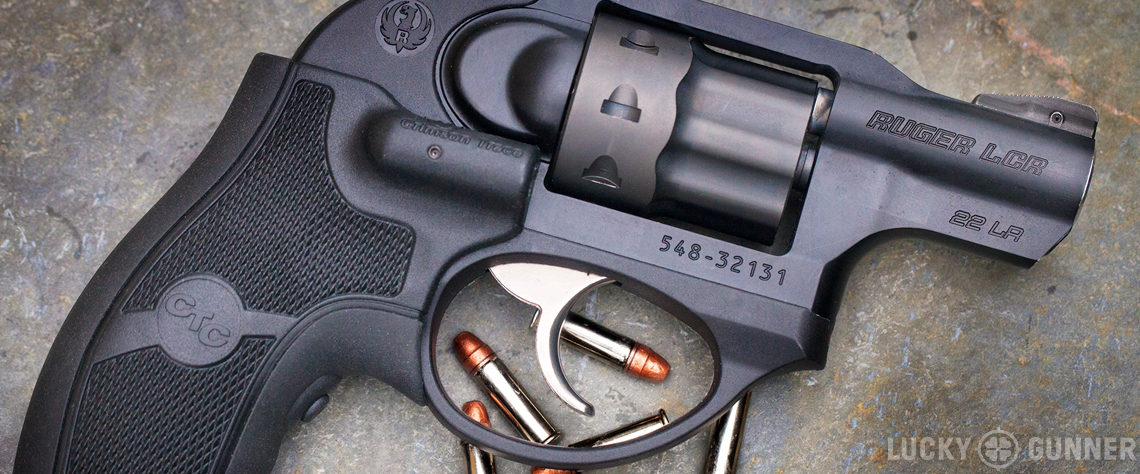That is incorrect. While this OFTEN happens, and that's great, it does not always happen. And you're going to really regret your two shot .22 then. Plan for the worst, hope for the best.However, studies about victims using their gun show that usually only 2 rounds are fired. They also show that once the first shot goes off, everyone starts running, whether they are neutralized or not.
And of course, you've now jumped from one single source, which has pretty crappy methodology, to claiming studies (plural) all support your 2 round claim.
Nor does the single, crappy "study" you cited make this claim. It says the AVERAGE is two shots. You do know how averages work, right?
There have been studies that indicate a gun drawn in self defense is actually fired in only about 25-35% of cases. So if you look at 10 cases, and 7 of them didn't fire the weapon, one fires 6 rounds and two fire 7, that's an average of 2. It's a pretty much worthless number.
Which means fully two out of three times, your mousegun is a failure. I'm ok with smaller caliber guns, since knock down power with handguns is urban myth; all that matters is accuracy and precision. One of my daughters routinely carries a .380. Because she's 5'1" and has hands small enough to reach the bottom of a Pringles can. But it's got more than 2 rounds, and she's been properly trained, so a one shot kill is never going to happen. Because she won't fire one shot. She's got reloading skills too. All my kids know better than to trust their lives to a one in three chance.From the study: "Even mouseguns displayed a significant degree of immediate lethality (30% immediate one shot kills) when employed at close range." (mouseguns being .380s and below) 30% immediate one shot kills, at the close distances involved.
It's also revealing that your source considers a .380 a small caliber gun, but a 9mm (according to your words) is a large caliber. Because they're the same caliber. .380, .38, .357 magnum and 9mm are all the same caliber. The difference is in the shell casings, not the caliber.
You forgot the word "sometimes"... That's a significant thing to exclude. Especially since the "study" author somehow neglected to define the terms they're using or provide any information about how often fleeing was actually the option chosen. If there are 100 cases, in which 33 fled, 30 hid, 25 advanced, and 7 had heart attacks and collapsed, fleeing is the most common response. It's still a minority of the cases. Studies that do not provide information like this are, in many cases, doing so because the actual numbers do not support their predetermined outcome. What you're citing is not science. It is, at best, pseudo-science, and at worst utter nonsense.This was in reference to the multiple attacker bit....
"The most common responses of criminals upon being shot were to flee immediately or expire. With few exceptions, criminals ceased their advances immediately upon being shot."
"Multiple conspirators were involved in 36% of the incidents. However, there are no apparent cases of drivers or lookouts acting as reinforcements for the criminal actor(s) once shooting starts. Immediate flight is the most common response for drivers and lookouts at the sound of gunfire."
This is not a "hope" this is what did happen.





